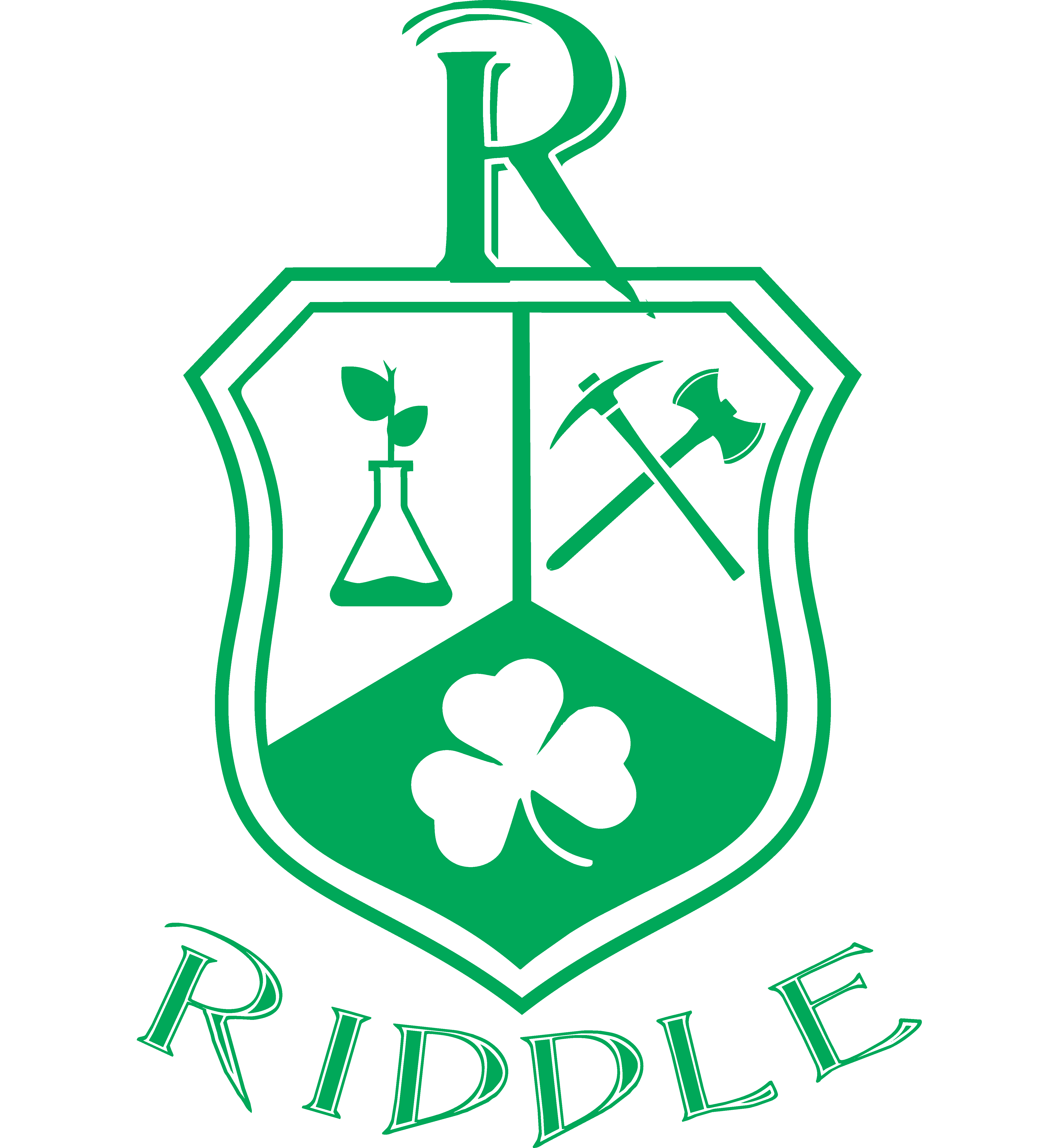Skip to content
Show submenu for Our School District
Show submenu for Healthy & Safe Schools
Show submenu for Dual-Credit
Show submenu for Athletics
Show submenu for The Arts
Show submenu for Resources
JR/SR High Pre-Arranged Absence
Facilities Use Form
Criminal History Check Form
25-26 Yearbook Ad
25-26 Senior Yearbook Page
Show submenu for
